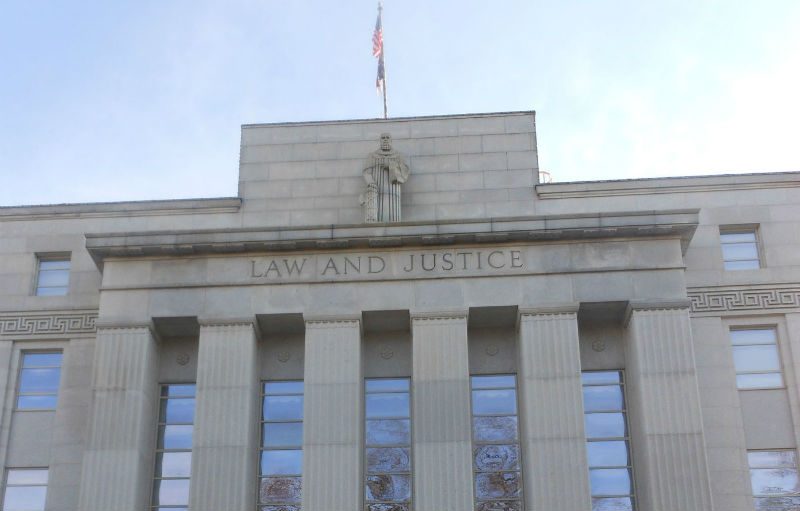Our favorite Philly Gay Lawyer weighs in.
North Carolina is truly a state of Tar Heels – they are stuck in the past. I’m sure I wasn’t the only person who couldn’t help but think of the LGBTQ individuals in the State of North Carolina as the NCAA Championship game was on and how the success of the University of North Carolina men’s basketball team was overshadowed by the reckless actions of their governor, Pat McCrory, and state lawmakers in passing HB 2, the Public Facilities Privacy & Security Act.
The language in HB 2 requires transgender people (and everyone else) to use public restrooms according to the biological sex on their birth certificate. But the legislation doesn’t stop there. With the attention surrounding this law being focused on the LGBT component, very few people are aware it affects many more people than just gay people—it affects all workers in North Carolina. Opponents have called the new law a “hostile takeover of human rights.”
Tucked inside is language that strips ALL North Carolina workers of the ability to sue under a state anti-discrimination law, a right that has been upheld in court since 1985. Allan Freyer, head of the Workers’ Rights Project at the North Carolina Justice Center in Raleigh states that previously, if you were fired because of your race, gender or your religion you could sue but now, no one in North Carolina has that basic remedy.
Apparently, conservative-leaning groups feel as though there is too much discrimination litigation in North Carolina and have been trying for decades to reduce the number of civil lawsuits in the states. In HB 2, lawmakers finally accomplished this by adding 14 words—a single sentence—to the state’s employment discrimination law that says: “[No] person may bring any civil action based upon the public policy expressed herein.”
The language does not repeal North Carolina’s law that bans discrimination on the basis of race, sex, age, religion, or disability but instead forces workers to seek redress only in the federal system; where access is more difficult, the rules are much more complicated, and businesses often have significant advantages. As an attorney who practices Civil Rights, I always try to stay in the state court system where juries are more reflective of the area and dockets move faster. Meanwhile, defendants always try to remove the case to federal court. For employers, time is a big issue. Under federal law, fired workers have 180 days to file a claim, versus three (3) years in state court. Also, if a worker misses the federal deadline, which is not uncommon at all, they can still sue under state law. Presently in North Carolina, that will no longer be true – it is likely they will be barred from bringing a claim at all.
What we can’t forget is that North Carolina is now the third state in the last five years to ban local anti-discrimination ordinances (and soon Mississippi), after a city tried to protect LGBT people. This is questionable constitutionally because they are all engineered to test the limits of what the U.S. Constitution allows. The 14th Amendment promises equal protection under the law, meaning that governments can’t single out and punish groups of people for no reason. But the Supreme Court has been consistently vague about what that means for LGBT people.That may change soon. The ACLU, Lambda Legal, and Equality North Carolina are all working together in a lawsuit that states that North Carolina’s new law “violates the most basic guarantees of equal treatment and the U.S. Constitution.” Legal experts say this will be a tough case to litigate, but if it proceeds, it has the potential to set a landmark precedent. It may force the Supreme Court to confront a question that for decades it has stubbornly refused to answer: What does the US Constitution actually imply about gay rights?
The trend I’ve seen since marriage equality is that laws like these are passed, the media creates a firestorm, companies and activists respond, and then the law is “tweaked” to assuage the firestorm—but ultimately the law remains intact and the media (and therefore the attention) moves on. Until the Supreme Court is squarely faced with a case to decide, we must all remain vigilant to protect the LGBTQ individuals in these states and not become complacent or forget about the egregiousness of these laws whether or not we are directly impacted by them. That is what makes us a family that no one wants to reckon’ with (said in a southern twang).
